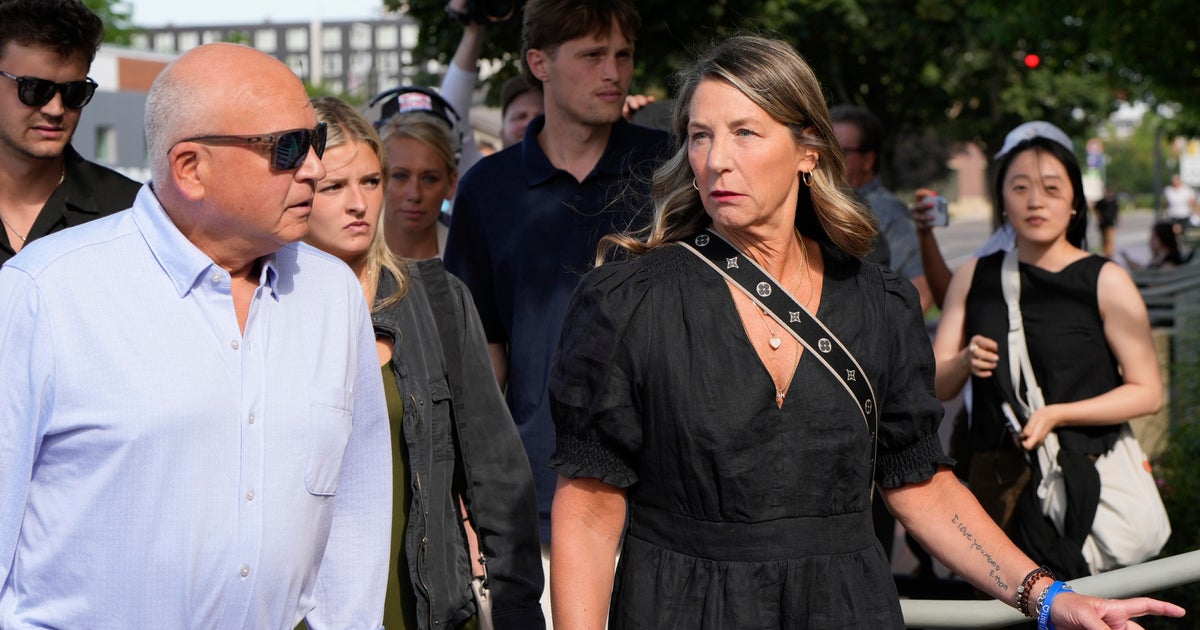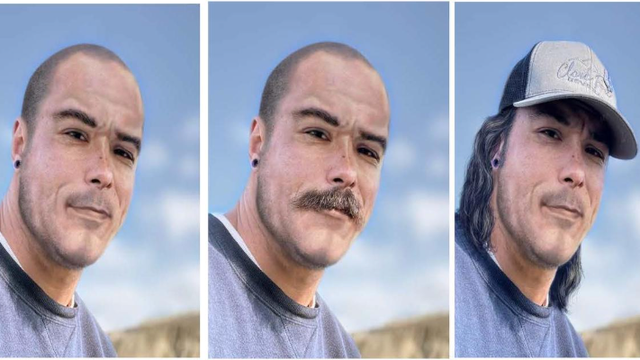

No response returned

Relatives of two of the four University of Idaho students murdered in 2022 have asked a judge to prevent the release of graphic crime scene photos and videos, saying that the images are traumatizing and making them public would violate their privacy.
was sentenced to last month for the of Kaylee Goncalves, Madison Mogen, Xana Kernodle and Ethan Chapin at their off-campus rental home in Moscow, Idaho.
Even if crime scene images are somehow redacted, it's still traumatizing for the families, Ethan's mother, Stacy Chapin, wrote in a court document.
"They are heartbreaking and continue to reopen a wound that has yet to heal," she wrote.
The criminal case drew worldwide attention, and the Moscow Police Department received hundreds of requests to release investigatory records. Idaho law generally allows for the sealing of investigation records to be lifted once a criminal investigation is complete.
After sentencing, the city of Moscow responded to one such request for public records by taken by law enforcement at the crime scene, blurring out the bodies of the slain students as well as the faces of other victims and witnesses who talked to police outside the home
The images still showed blood on the floors and walls of the home, however, and the videos included the sounds of sobbing friends and roommates.
Leander James, an attorney representing family members of Mogen and Chapin, told 2nd District Judge Megan Marshall that the blurring was ineffective, that the blood should also have been hidden from public view, and that the sounds of distress should have been muted.
"Blurring is not redacting," James said during a Thursday morning hearing. He asked the judge to carefully consider Stacy Chapin's statement, describing "how incredibly harmful and emotionally damaging it is for her to see images of her son and the other victims. They're in there, they're just blurred — they're harder to see."
The commodification of the killings by a whole industry of people obsessed with crimes makes it even more important to consider how the families have been victimized again by the release of such gory images, James told the judge.
"Images like this are disseminated within an instant, worldwide," James said, criticizing "this 'true crime' sort of industry that uses this stuff for economic gain, and misuses it."
Andrew Pluskal, an attorney representing the city of Moscow, said the city is required by law to release the images under the Idaho Public Records Act, and carefully weighed what to redact using the "balancing test" spelled out in the law, weighing the victims' right to privacy against the public's right to know.
"If there were options allowed in statute that allowed these records to be fired into the sun," the city would do it, Pluskal told the judge. He called the images "harrowing."
But he said the city could have been sued if it refused their release, and redacting or blurring the images was its best attempt to follow the law.
"The city is in the middle here — the city is going to get it from either side," Pluskal told the judge.
Marshall said she would consider both sides and issue a ruling at a later date.
Kohberger said earlier this month he is by fellow inmates at a maximum-security prison, the facility confirmed, and sources told TheNews prisoners have been heckling him through air vents night and day.
"We are aware of Kohberger's complaints about what he considers taunting," the Idaho Department of Correction told TheNews in a statement.
Kohberger is at Idaho Maximum Security Institution (IMSI), which is less than 20 miles south of Boise. For his own safety, Kohberger is in the prison's "J Block," a long-term restrictive housing unit with around 30 inmates, where he is confined to his cell 23 hours a day and has one hour of outdoor recreation
Chris McDonough, a retired detective and a director at the , has firsthand knowledge of the circumstances within the prison's unit.
Since Kohberger arrived at IMSI in late July, inmates have been taking turns taunting him around the clock by yelling through air vents that lead into his cell, according to McDonough. The heckling has been so persistent that it has affected Kohberger's ability to sleep.
"I don't think Bryan Kohberger anticipated the psychological play here from the inmates … It's a curveball," McDonough told TheNews. "As soon as he got there, it started … And he's complained to the prison guards."
Idaho Maximum Security Institution houses several notorious inmates — including two serial killers — and has been of violence and allegations of inhumane conditions in recent years. Solitary confinement is common at the facility.
"IMSI manages the long-term housing of our most dangerous and volatile population," the Idaho Department of Correction told TheNews in an email last month. Asked about the use of solitary confinement and lockdowns, the department said, "Restrictive housing is not a disciplinary sanction, it is a housing assignment designed to manage specific behaviors."





